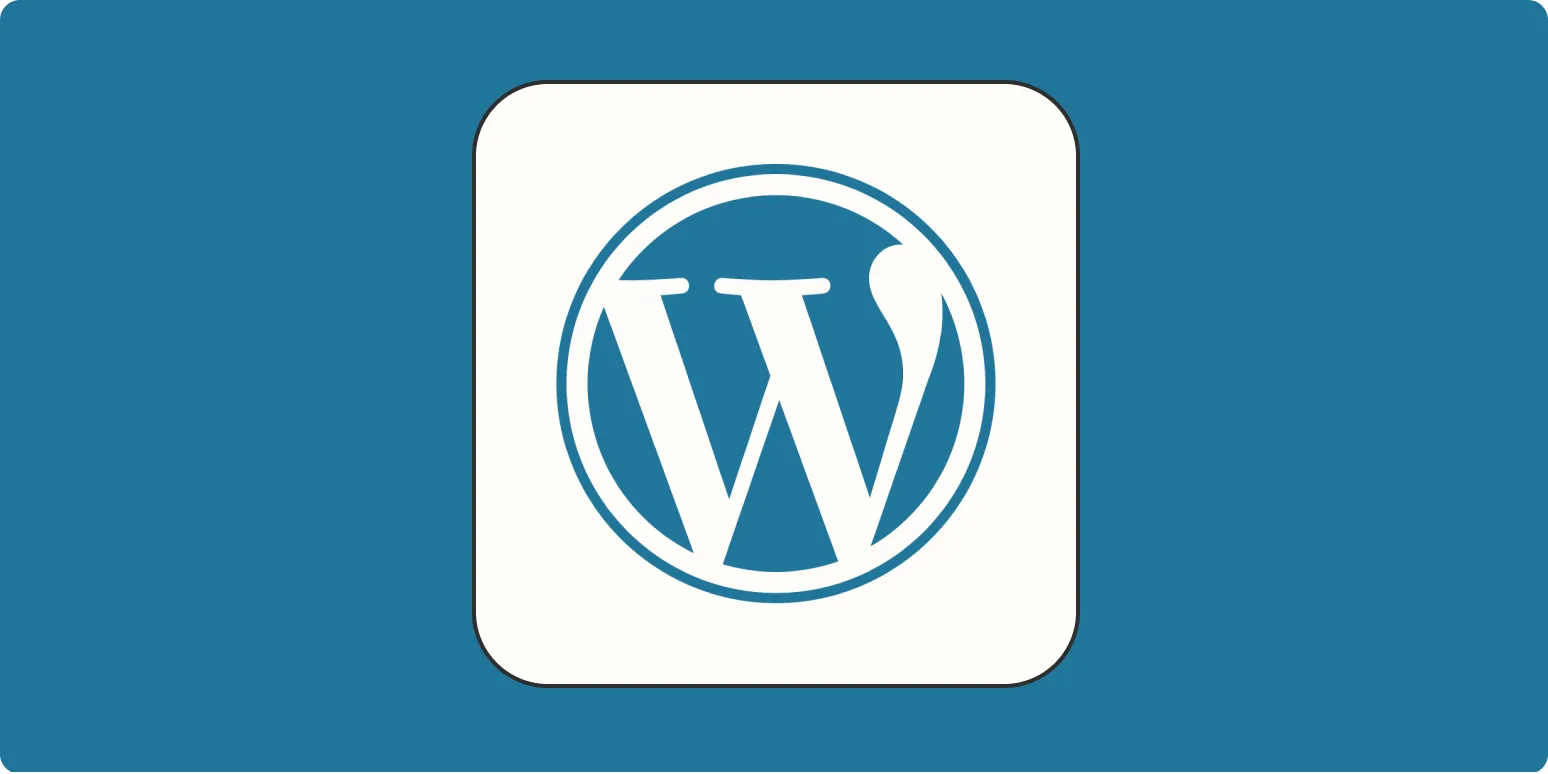When it comes to email marketing and customer relationship management (CRM), two names often come up: Constant Contact and HubSpot. Both platforms offer a range of features designed to help businesses effectively reach their audience and manage customer relationships. However, choosing between them can be challenging, especially if you're trying to determine which one aligns best with your business goals and marketing strategies.
Overview of Constant Contact and HubSpot
Constant Contact is primarily known for its email marketing capabilities, providing users with a user-friendly interface, a variety of email templates, and robust list management tools. It's ideal for small to medium-sized businesses that require straightforward email marketing solutions.
On the other hand, HubSpot is a comprehensive inbound marketing platform that includes email marketing, CRM, social media management, and more. This makes HubSpot a suitable choice for businesses looking for an all-in-one solution to manage their marketing efforts.
Feature Comparison
| Feature | Constant Contact | HubSpot |
|---|---|---|
| Email Marketing | Robust email editor, customizable templates | Advanced automation, A/B testing, segmentation |
| CRM | Basic contact management | Full-fledged CRM with advanced features |
| Social Media Tools | Limited capabilities | Comprehensive social media management |
| Analytics and Reporting | Basic analytics | In-depth reporting and analytics |
| Pricing | Affordable plans starting at $20/month | Free tier available; paid plans start at $50/month |
Email Marketing Features
When discussing ''email marketing'', it’s essential to look at both platforms’ capabilities. Constant Contact excels in providing ''easy-to-use'' templates and straightforward email design tools. Users can quickly create visually appealing campaigns without needing advanced technical skills.
Conversely, HubSpot offers more advanced features such as ''A/B testing'', which allows marketers to test different email versions to see which one performs better. HubSpot also provides robust ''segmentation'' options, enabling businesses to send targeted emails based on user behavior and demographics. This can significantly enhance engagement and conversion rates.
CRM and Customer Management
Another critical aspect of your decision should be the ''CRM'' capabilities. Constant Contact offers basic contact management features, making it suitable for businesses that don’t require in-depth customer insights.
In contrast, HubSpot’s CRM is feature-rich, allowing businesses to track customer interactions, manage deals, and analyze customer data. This is particularly beneficial for companies that prioritize relationship-building and personalized marketing efforts.
Social Media Management
For businesses looking to integrate their ''social media'' strategies with email marketing, HubSpot shines with its comprehensive social media management tools. Users can schedule posts, track engagement, and analyze performance all from one platform.
While Constant Contact does offer some social media tools, they are limited compared to HubSpot. If your marketing strategy involves significant ''social media'' engagement, HubSpot may be the better choice.
Analytics and Reporting
Data-driven decision-making is crucial for successful marketing campaigns. Constant Contact provides basic analytics that can help you understand your email performance, but it lacks the depth found in HubSpot’s reporting features.
HubSpot offers extensive analytics that track everything from email open rates to customer engagement across different channels. This level of insight allows businesses to optimize their marketing strategies continuously and make informed decisions.
Pricing Structure
Pricing is often a deciding factor when choosing between these two platforms. Constant Contact offers affordable plans starting at ''$20/month'', making it accessible for small businesses. However, as your list grows, costs can increase significantly.
HubSpot, on the other hand, has a free tier that includes CRM and basic email marketing features. Paid plans start at ''$50/month'', which may be worthwhile for businesses that can take advantage of the platform's comprehensive features.
Conclusion: Which Should You Use?
Ultimately, the decision between Constant Contact and HubSpot depends on your business needs. If you’re primarily focused on ''email marketing'' and need a straightforward platform, Constant Contact may be the best fit. Its ease of use and affordability make it an attractive option for small to medium-sized businesses.
However, if you’re looking for a more comprehensive approach that includes CRM, social media management, and advanced analytics, HubSpot is the superior choice. Its robust features cater to businesses aiming for growth and a more integrated marketing strategy.
Before making your final decision, consider conducting a trial of both platforms to determine which one aligns best with your marketing goals and operational needs.





